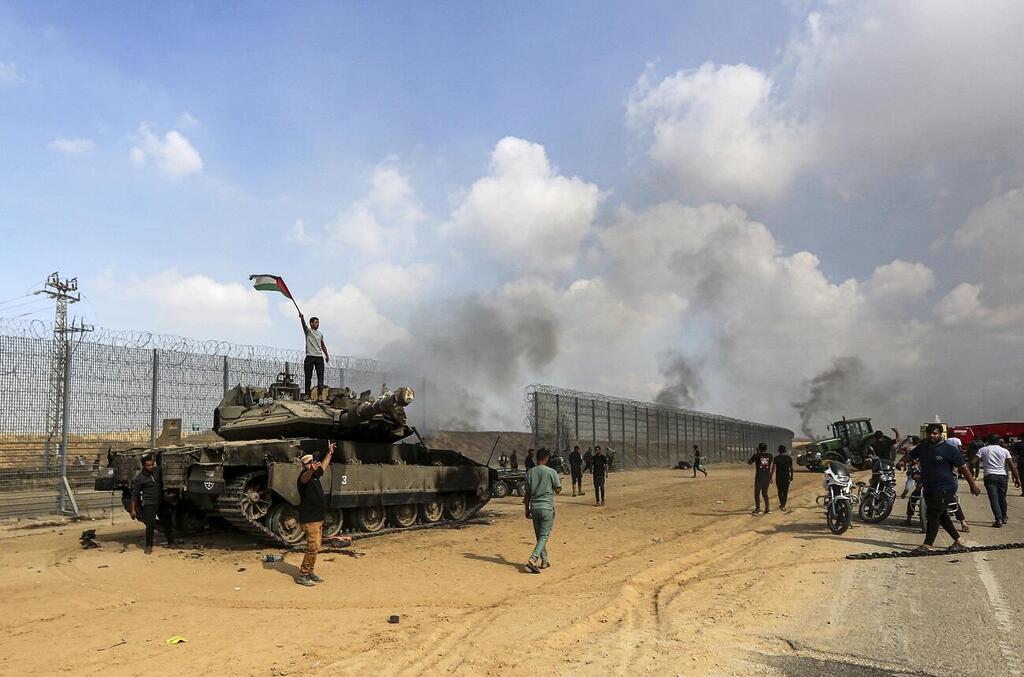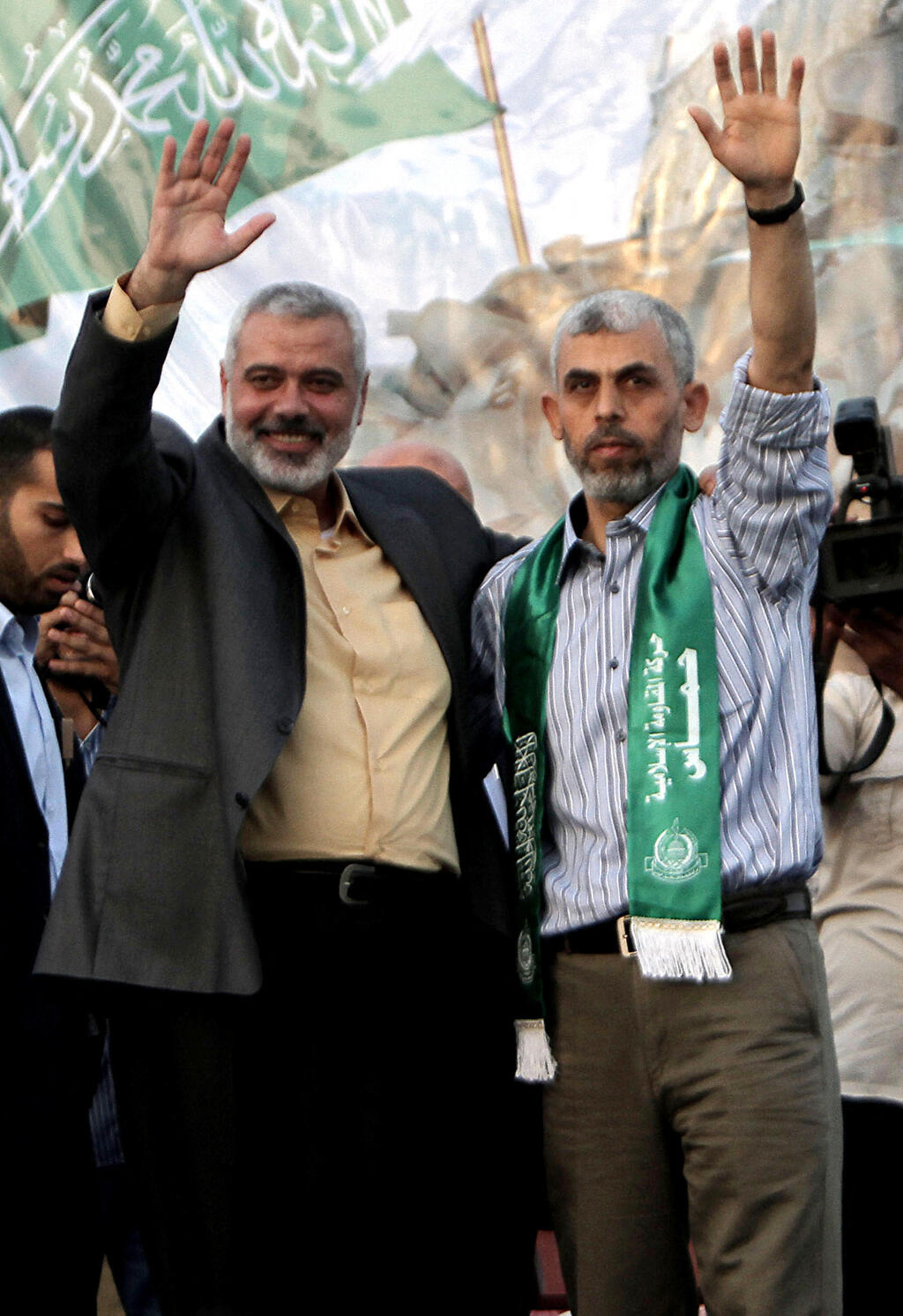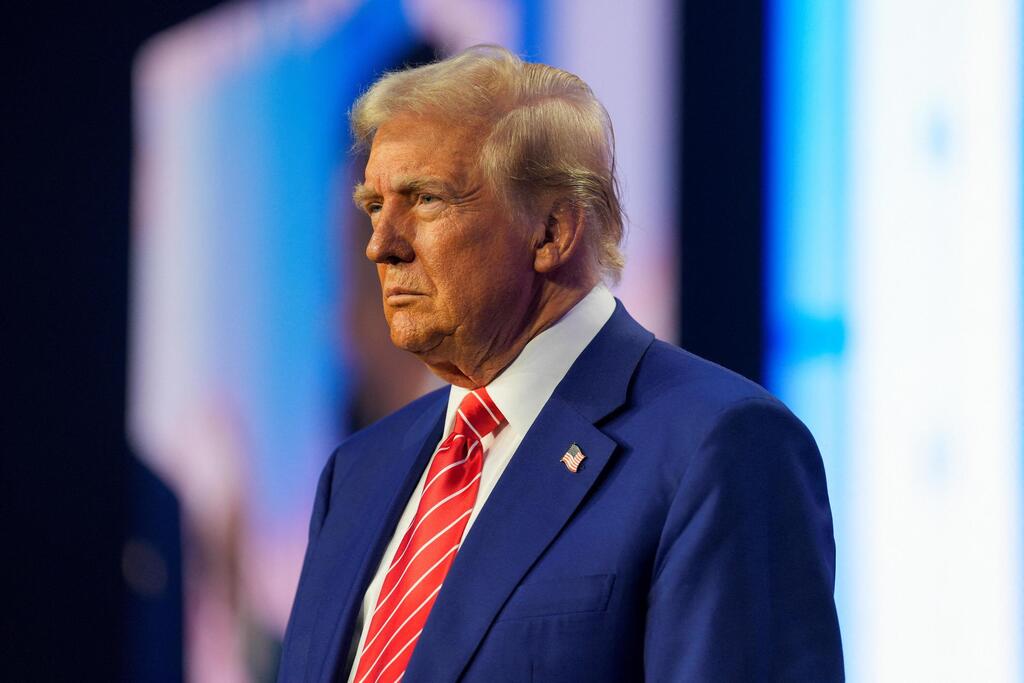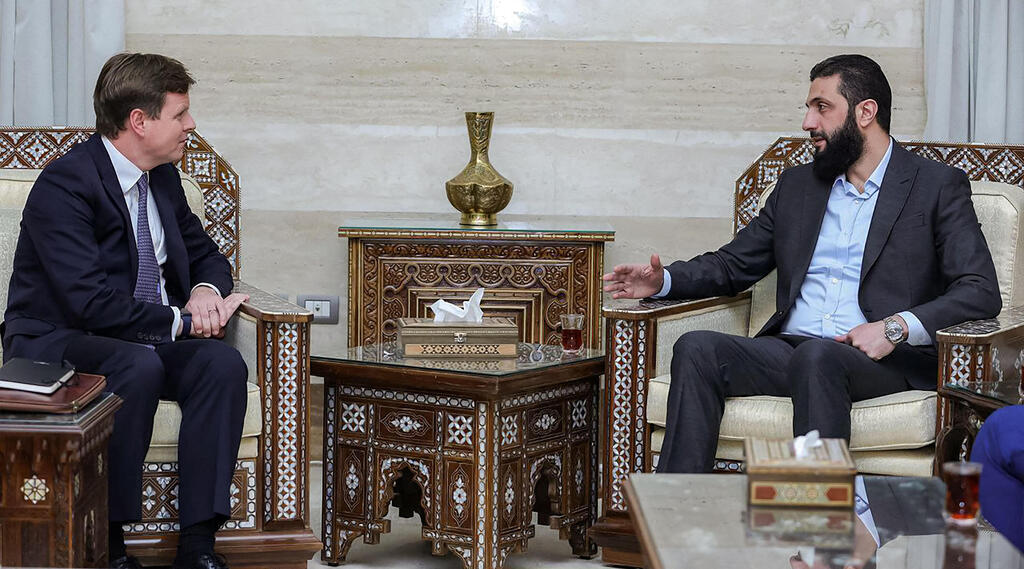As Israel prepares to ring in 2025 after 15 months of war and with 100 hostages still held in Gaza, many Israelis are unsure what the new year will hold. The Media Line asked three security experts about their predictions for Israel in 2025. Researcher Kobi Michael best summarized the consensus: “2025 will not be a less challenging and turbulent year than 2024, but it will be less bloody.”
Michael, a senior researcher at the Institute for National Security Studies and the Misgav Institute for National Security and Zionist Strategy in Tel Aviv, noted that Israel is entering the new year “in a much better situation” than the previous year.
Similarly, Israeli author, thought leader, and former Member of Knesset Einat Wilf told The Media Line that Israel’s enemies are in a worse position than they were one year ago. “We have been able to recover at least part of our mojo, and people are coming back to see us as the capable, winning nation we are,” she said. “And we have an incoming U.S. Congress and president that seem very favorable to Israel.”
The perception of Israel as a respected regional power that has successfully weakened Iran could be crucial to Israel’s survival and growth in 2025.
After the attacks of October 7, 2023, Israel’s regional partners began to perceive Israel as vulnerable. Allied countries in the region, particularly the Abraham Accords countries, had not anticipated Israel being caught off guard by Hamas, suffering such heavy losses, or appearing unprepared to respond. Israel had built a reputation as the region’s leader in countering the threat posed by Iran, and the attacks raised doubts about the value of normalizing ties with Israel.
But despite significant challenges and mistakes, Israel’s military strategy ultimately proved effective, Michael said.
Israel has had successful military achievements in the Gaza Strip, Lebanon, Syria, and mainly with Iran, a country that has now been stripped of many of its capabilities and assets. It is now exposed and in a very embarrassing position.
Brig. Gen. (res.) Amir Avivi, founder and chair of the Israel Defense and Security Forum, told The Media Line that Israelis and Jews worldwide perceive Israel as moving toward a decisive victory.
Avivi said that the pessimism and anxiety of the war’s earlier days had lifted. “I see a completely different vibe,” he said. “People feel we are winning.”
He added that with President-elect Donald Trump’s victory over Vice President Kamala Harris, many Israelis feel they will once again have a strong partner in the U.S.
A change of administration in the U.S. gives me even more hope. I believe there will be a much more resolute administration that shows leadership, provides moral clarity about who the good and bad guys are, and understands the need for decisive victories on all fronts to pave the way for big visions, like regional and global peace agreements.
The majority of Israelis apparently share Avivi’s sentiment. A February poll by the Israel Democracy Institute found that nearly two-thirds of respondents believe Trump is better for Israel’s interests than Harris would have been.
Last New Year’s, Israel was fewer than three months removed from the attacks of October 7, in which Hamas fighters killed nearly 1,200 people and took 250 hostages in the bloodiest massacre to strike the Jewish people since the Holocaust. By December 2023, 117 hostages had been returned alive to Israel, including 105 in a prisoner exchange deal. At the end of the exchange, more than 130 hostages remained in Gaza.
This year holds glimmers of hope that some of the hostages still held by Hamas might return home, although negotiations for a deal between Israel and Hamas appear to be faltering.
This week, Israel engaged in a bloody battle against Hamas in the Gazan cities of Beit Lahia and Jabalia, two areas in which it has fought repeatedly in the past. International actors widely condemned this week’s fighting.
Israel claims to have destroyed 80% of Hamas’ military infrastructure, but the Israeli military has said it controls only about a third of the Gaza Strip. As such, Hamas still appears to maintain a stronghold in some capacity, even after Israel assassinated several of its key leaders.
Avivi said that in 2025, Israel needs to destroy Hamas as a governing and military entity, bring back the hostages, and make sure that a terrorist force is never again able to gain power in Gaza. “This is achievable in 2025 and will bring a completely new reality into the Gaza Strip,” he said.
According to Michael, though, there is “no real or reasonable probability” for any reconstruction process in Gaza for the next several years. Instead, he warned, Israel may find itself stuck trying to manage the situation—either as an occupying power with temporary military control over the coastal enclave or as an army that withdraws completely, leaving Hamas to reconstitute itself.
Michael added that supportive entities such as the U.S., Abraham Accords countries, or European nations are unlikely to enter Gaza until Hamas is eradicated. This challenge will, therefore, rest solely on Israel’s shoulders.
Outside of Gaza, Israel faces various military challenges and opportunities in 2025. All three experts who spoke to The Media Line expressed hope for the collapse of the extremist Shiite axis, starting with its leader, Iran.
If we are able to act together with the United States and a coalition and deal decisively with Iran’s nuclear sites and military capabilities, this can be a huge change and take out the biggest threat Israel has.
Trump has already hinted that he would support an Israeli attack on Iran’s rapidly advancing nuclear program. Michael suggested that Trump may even expect such an action before his inauguration on January 20.
“He wants to fight Iran, which is much more vulnerable, and negotiate on his terms to bring Iran to an agreement,” Michael said. He said that such an agreement would be “much better” than the 2015 Iran deal.
Wilf noted that the Iranian people might overthrow their regime, much like the people of Syria did earlier this month.
A lot depends on how we handle them. They will be a test for us as to whether we again slide into a kind of comfortable closing of our eyes or will we actually remain vigilant.
Developments in Syria pose questions for Israel, Wilf said. “A lot depends on how we handle them,” she noted. “They will be a test for us as to whether we again slide into a kind of comfortable closing of our eyes or will we actually remain vigilant.”
On one hand, the leader of Syria’s most powerful rebel faction has signaled that his forces do not want a conflict with Israel. On the other hand, Turkey—a country with a president openly hostile toward Israel—is expected to play an active role in the new regime. If Turkey establishes a military presence in Syria, it could increase the likelihood of friction between Israel and Syria, Michael said.
Several wild cards remain in Lebanon as well. The cease-fire agreement with Hezbollah, signed on November 27, is technically valid for only 60 days. Hezbollah has repeatedly breached the agreement, and there is little indication that it will hold beyond Trump’s inauguration.
Developments in the West Bank are another source of concern for Israel in the new year. Avivi warned of rising extremism in the territories, suggesting that the army will eventually need to shift its focus to the Palestinians living there. Terrorist groups may attempt to mobilize Palestinians in the West Bank as well as Palestinian citizens of Israel to carry out attacks, Avivi said.
I sincerely hope that we will not waste the opportunity to really change course both with the Palestinians and Lebanon and make it clear that we will not go back to previous arrangements,
Wilf emphasized that much of Israel’s fate remains in its own hands. “I sincerely hope that we will not waste the opportunity to really change course both with the Palestinians and Lebanon and make it clear that we will not go back to previous arrangements,” she said.
Get the Ynetnews app on your smartphone: Google Play: https://bit.ly/4eJ37pE | Apple App Store: https://bit.ly/3ZL7iNv
If Israel manages to overcome Palestinian intransigence, a new era of peace and security may be possible as early as 2026, Wilf said. “The ideology and identity of the Palestinians that is obsessed with the nonexistence of Jewish sovereignty on any part of this land has to end,” she said. “When that ideology dies, we can discuss anything.”







